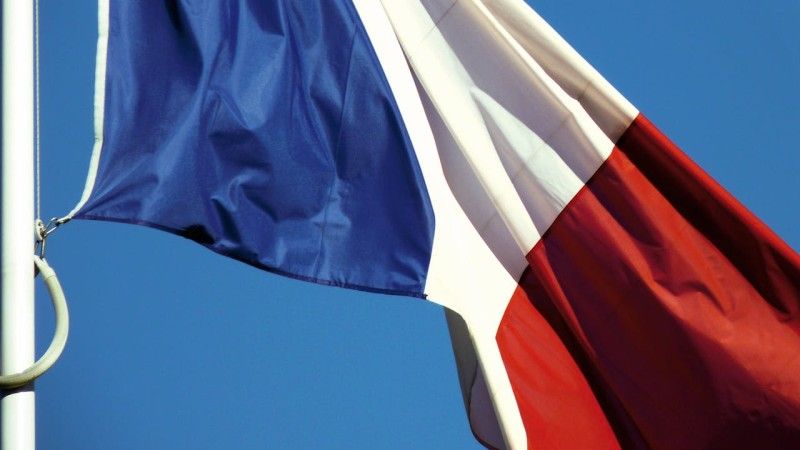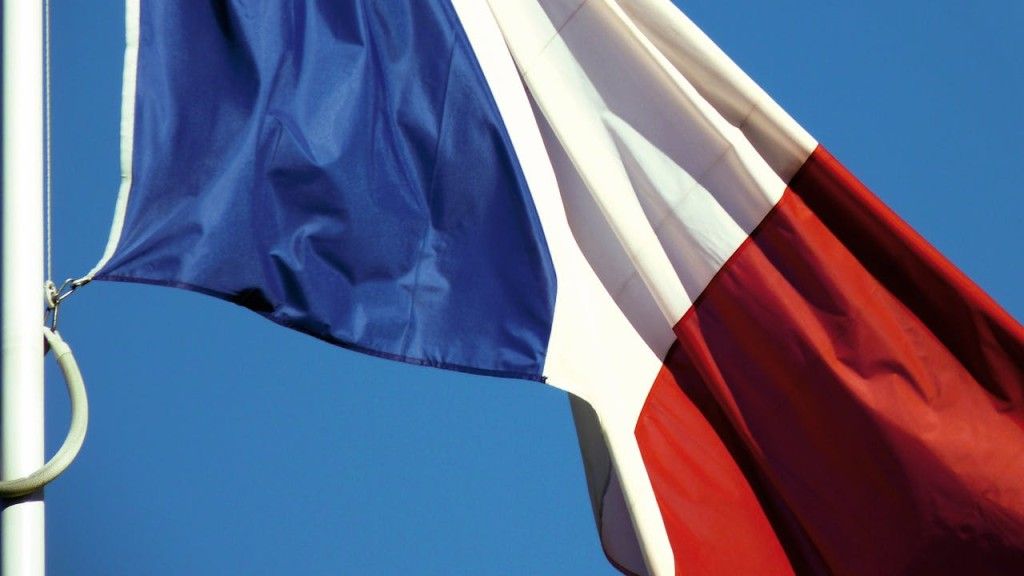
Photo. Atypeek Dgn/pexels.com
Copy link
Send email
In 2024, France reached a record level of electricity production, with 95% coming from low-emission sources, mainly thanks to nuclear power. Nevertheless, the country remains significantly dependent on gas imports, including from the Russian Federation, which carries serious financial and geopolitical consequences.
Although France is a leader in nuclear energy production, it still imports substantial amounts of natural gas. In 2024, the main suppliers were Norway (32%), the United States (20%) and Russia (17%). Despite the sanctions imposed on the Kremlin, imports of liquefied natural gas (LNG) from that country have not been completely halted, raising controversy and questions about the consequences of such an energy policy.
It is worth adding that in July 2024, Russian pipeline gas supplies to Europe increased by 37% month-on-month via the TurkStream pipeline – the only remaining transit route after Ukraine chose not to extend its transmission agreement with Moscow. This means that, despite sanctions and the overall decline in imports, Russia still finds buyers for its resources in Europe.
President Emmanuel Macron regularly speaks about the need to tighten sanctions on the Russian Federation, further arms deliveries to Ukraine, and the key role of European states in defending against Moscow’s imperial policy. Yet when it comes to LNG, suddenly the war seems to lose importance. This is an issue that must be raised, because Russia profits from selling its resources and invests directly into its war economy.
Gas consumption in France is declining; in 2024, a 5% decrease was recorded compared with the previous year. Gas is used mainly for heating buildings as well as in the chemical and food industries. Electricity generation from gas is marginal, thanks to the high efficiency of nuclear power plants and the growing share of renewable energy sources.
Nuclear power remains the backbone of the French energy system. In 2024, nuclear production accounted for around 67% of the country’s total electricity generation. Thanks to this, France achieved a record 95% share of low-emission energy, making it one of Europe’s leaders in decarbonisation.
France now faces the challenge of balancing its energy policy. On the one hand, the country achieves impressive results in clean energy production, mainly thanks to nuclear power. On the other, its continuing dependence on gas imports, including from Russia, calls into question the long-term energy independence and security of the EU. If Russia is the enemy, then one should not cooperate with it – right? Right?
Ultimately, it is not just about France – the whole of Europe is sending mixed signals. According to data from July 2024, Russian pipeline gas exports to Europe rose by as much as 37% month-on-month, with Gazprom delivering nearly 10 billion cubic metres of gas in the first half of the year. This shows that Moscow continues to profit from energy exports, which contradicts the narrative of Russia’s supposed energy isolation.
